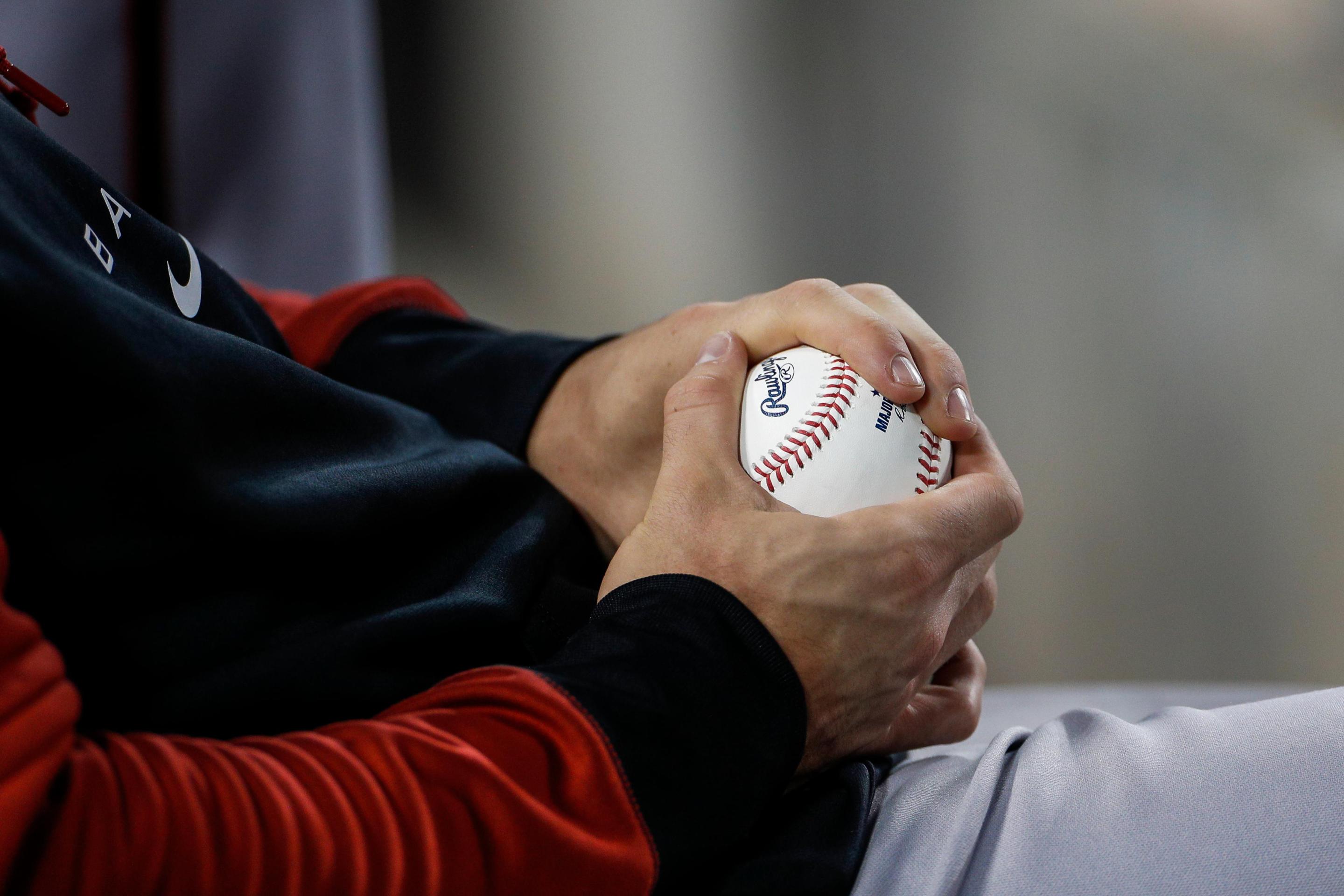On Wednesday night, the eve of Major League Baseball's Opening Day, minor league baseball players and the MLB reached an agreement on the terms of a historic first contract, which will increase pay and benefits for minor leaguers, ESPN reported.
The collective bargaining agreement will more than double player pay at every level and pay players for most of the offseason and spring training. It could be ratified by the players and owners as early as Friday, per ESPN. At the top of the scale, Triple-A players will see their salaries increase from $17,500 to $35,800, while Single-A salaries will increase from $11,000 to $26,200. The deal was reached on the same day a federal judge approved a $185 million settlement in a lawsuit brought by minor league baseball players against the MLB for violating minimum wage laws, and it represents a milestone in minor leaguers' fight for basic labor protections.
In addition to increased pay and decent housing and transportation for players, the agreement mandates a number of other policies that were not previously codified for players. According to ESPN's report, these include:
- Pay from Jan. 2 until the Friday before Thanksgiving. From the next day through Jan. 1, players will not receive pay. There will also be slight annual pay increases in 2025, 2026 and 2027.
- A six-year reserve, instead of seven years, for future players who enter affiliated baseball at 19 or older. The shorter reserve period allows players—most of whom will have played in college—to reach minor league free agency earlier.
- Full name, image and likeness rights, which previously had been controlled by the league. By receiving them, the union can leverage group-licensing deals.
- Expanded medical rights, including, under some circumstances, the right to a second opinion on an injury as well as an expanded time period for post-injury medical expenses to be covered.
- Joint drug and domestic violence policies, to be patterned after the agreed-upon policies previously negotiated by the league and union.
- A no-strike, no-lockout provision under the terms of the deal, which will run until after the 2027 season.
The deal isn't perfect. For example, salaries are still relatively low, players at team complexes in the Dominican Republic are not included in the deal, and minor league players on teams in independent leagues not affiliated with the MLB still are not represented by the union. But it's worth taking stock of the progress that's been made.
Groups like Advocates for Minor Leaguers spent recent years calling for better housing and transportation conditions for minor league players, and government scrutiny regarding MLB's anti-trust exemption put pressure on the league to respond to player concerns. These developments helped lay the groundwork for organizing minor league players. And yet, when the news broke last August that the MLBPA was distributing union authorization cards to minor leaguers around the country, it came as a surprise. The league's voluntary recognition of the union shortly thereafter showed just how much momentum the minor league players had at their backs. Now, only seven months later, the players are on the verge of a first contract that will guarantee them a measure of security that was until very recently considered inconceivable.
"This is big," former minor league and organizer Garrett Broshuis wrote of the news. "For those who passed a hat around for diaper money for newborns. For those who grinded away at two or even three off-season jobs. For those who skipped breakfast or even lunch to pinch pennies. For those who have (left) the game not for a lack of talent but for a lack of funds. This is for you."






